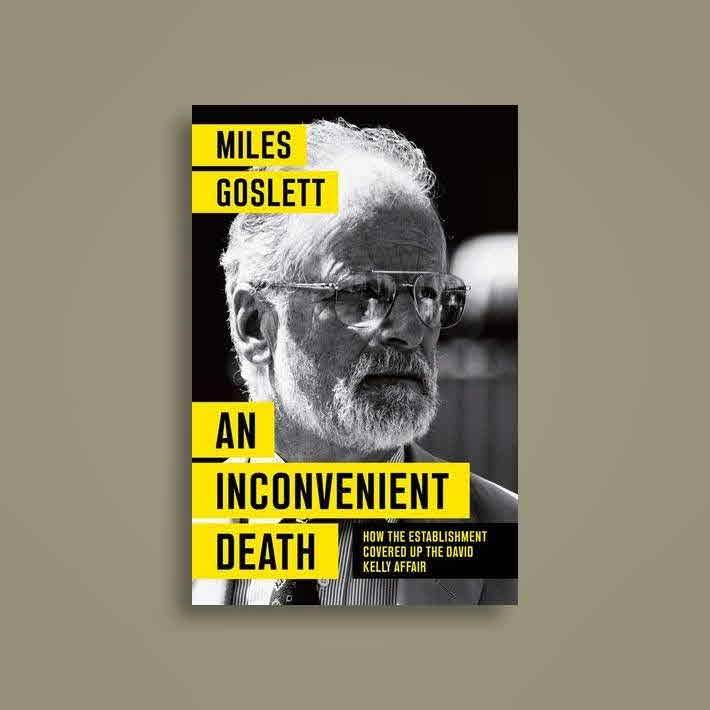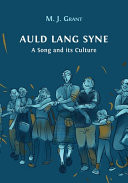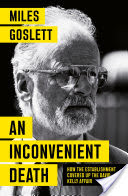
Have always held an interest in this case since the early 2000's when I worked for the MOD, and was shocked at how this poor guy was treated at the time. Apart from highlighting several interesting inconsistencies in how this case was investigated, didn't really persuade me that this was a huge conspiracy. I felt a lot of the inconsistencies the author detailed were just due to human errors in attribution/memory, and poor bureaucracy
34 likes


















